Be the first to know!
Join our list to be notified of new buildings and other discounts.
(*You can unsubscribe at any time.)
Join our list to be notified of new buildings and other discounts.
(*You can unsubscribe at any time.)
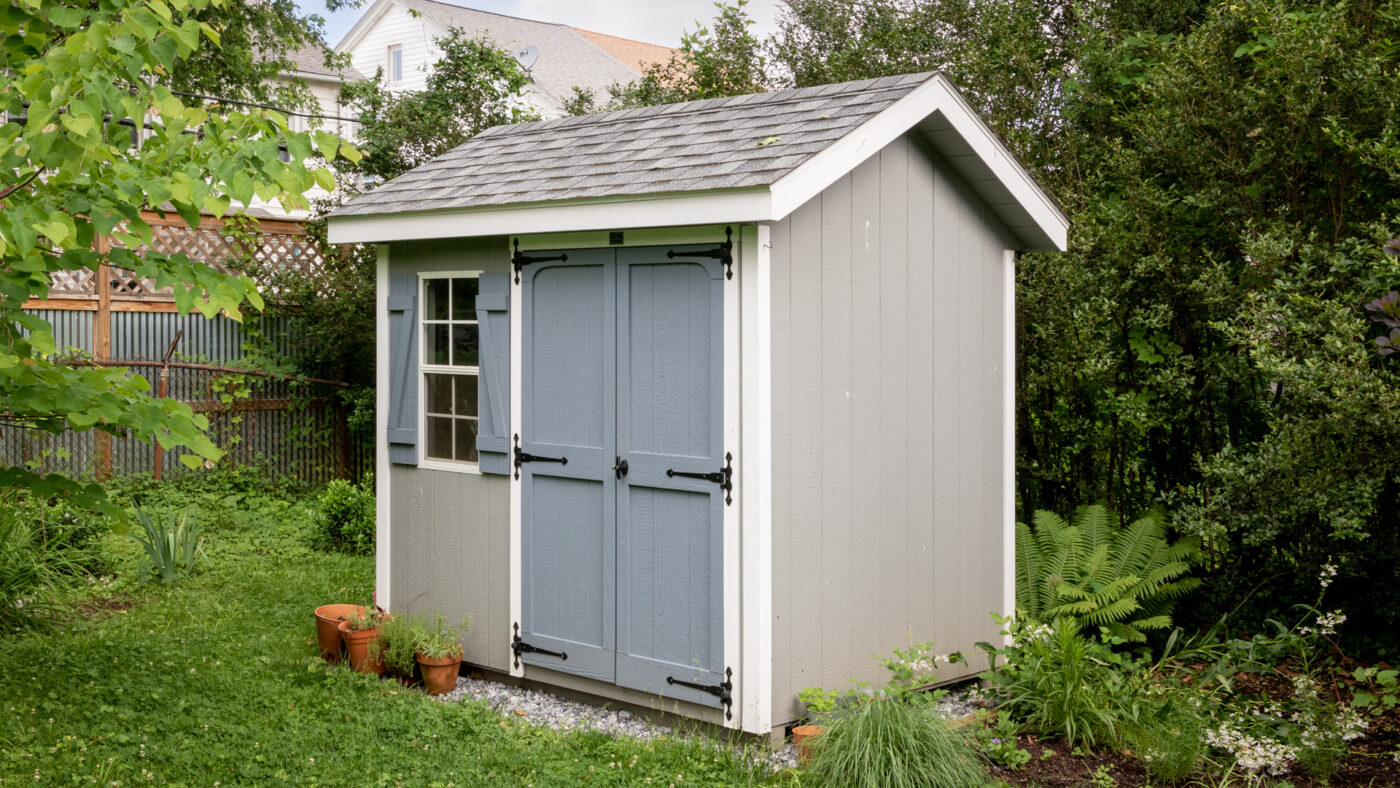
There’s no need to worry about gathering the required building and zoning permits for your shed in Connecticut. In this article, we outline the basic requirements for shed permits in CT. To simplify things, we’ve created a table of links to the largest cities and counties in CT so that you’ll be able to easily visit your government’s website and clarify any local questions.
At Shed’s Unlimited, we are here for all of your shed needs. If you’re in search of a quality, durable shed, consider designing your ideal shed through our 3D Builder.
Let’s dig into answers to common shed permit questions for Connecticut!
In most cases, yes. According to the 2022 Connecticut State Building Codes, all sheds over 200 square feet must receive a building permit before construction begins. To begin this process, you or your contractor must submit all of the required applications and paperwork. Again, you must first receive zoning approval and a building permit before you begin to craft or purchase your dream shed..
However, even if your shed is less than 200 square feet, you’re still not off the hook. Many jurisdictions within CT require zoning permits for your sheds, regardless of the size. We recommend that you always refer to your local government’s specific guidelines about shed permits before you get too far into planning your shed’s specifications.
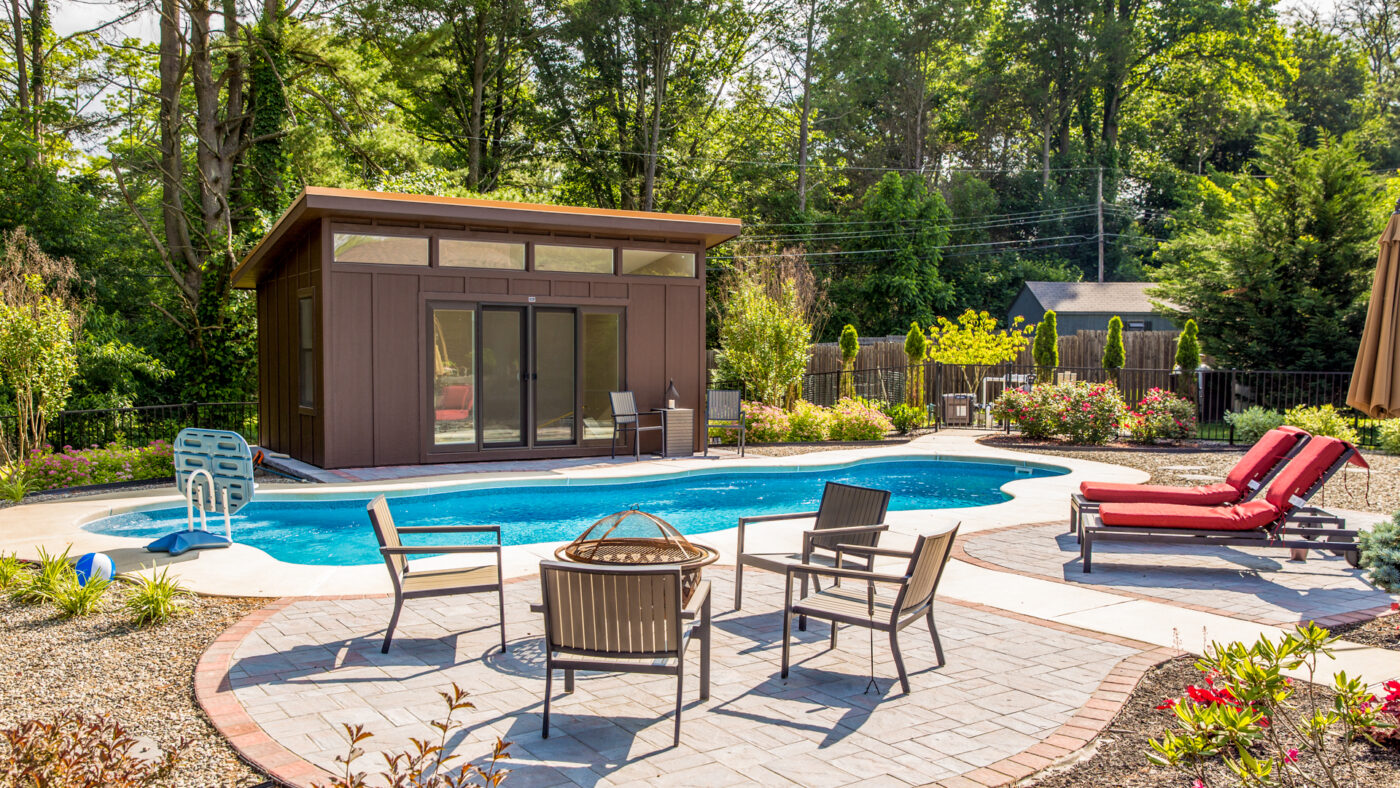
Yes. As we’ve stated, when your shed is larger than 200 square feet, you will need a building permit as well as a zoning permit for your shed (in most areas).
Ready for the exception? If your shed is less than 200 square feet, you’ll only need to apply for a zoning permit. But as always, ensure that you understand all of the current requirements set by your local government.
Yes. If you have a shed that is larger than 200 square feet, a building permit and a zoning permit are necessary. However, if your shed is less than 200 square feet, you will not need a building permit, although a zoning permit is required.
There are more requirements about shed permits in Bristol, CT. For instance, all sheds must be located in the back of the main house on your property. Further clarification can be found on Bristol’s government website.
For access to the online permit application, click here.
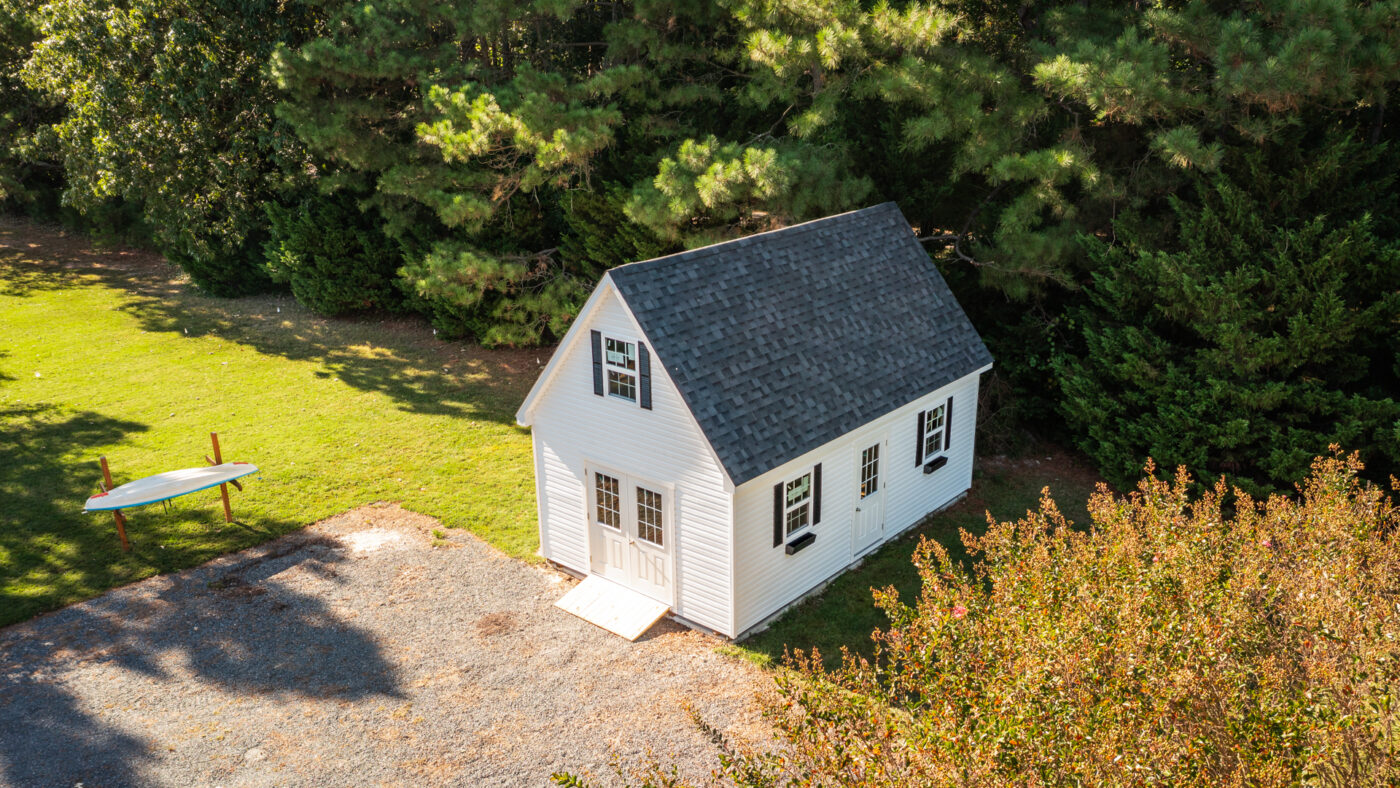
Yes, if your shed is larger than 200 square feet, you must get a shed permit in Bridgeport, CT.
Yes. All sheds larger than 200 square feet require a shed permit in Middletown, CT. If your shed exceeds 199 square feet, submit a building permit application for your shed. Additionally, you may need land approval for your shed; contact your local government to confirm.
Yes, if your shed is larger than 100 square feet, a building permit and a zoning permit are required. However, if your shed is smaller than 100 square feet and is not used for commercial purposes or to house livestock (see more specifics here), you will only need a zoning permit.
For more information, refer to Tolland’s government website.

In most towns and counties within Connecticut, you can find the application for shed building permits on your local government website as well as submit all of the necessary documents/information online. For example, in the town of Tolland, CT, you can submit an online application. However, it’s important to note that if your shed is greater than 180 square feet, an additional hard copy of the application must be submitted to the office.
However, there are a few cities that only accept physical applications. To verify what your county, city, or township requires, visit your local government’s website.
Within the Connecticut State Statutes, if you begin construction before receiving a building permit, you may be fined up to $1,000. In the worst-case scenario, you may suffer jail time. In some cities, the penalties are less severe. For example, in Windham, CT, you are charged a fee reflecting the cost of a building permit.
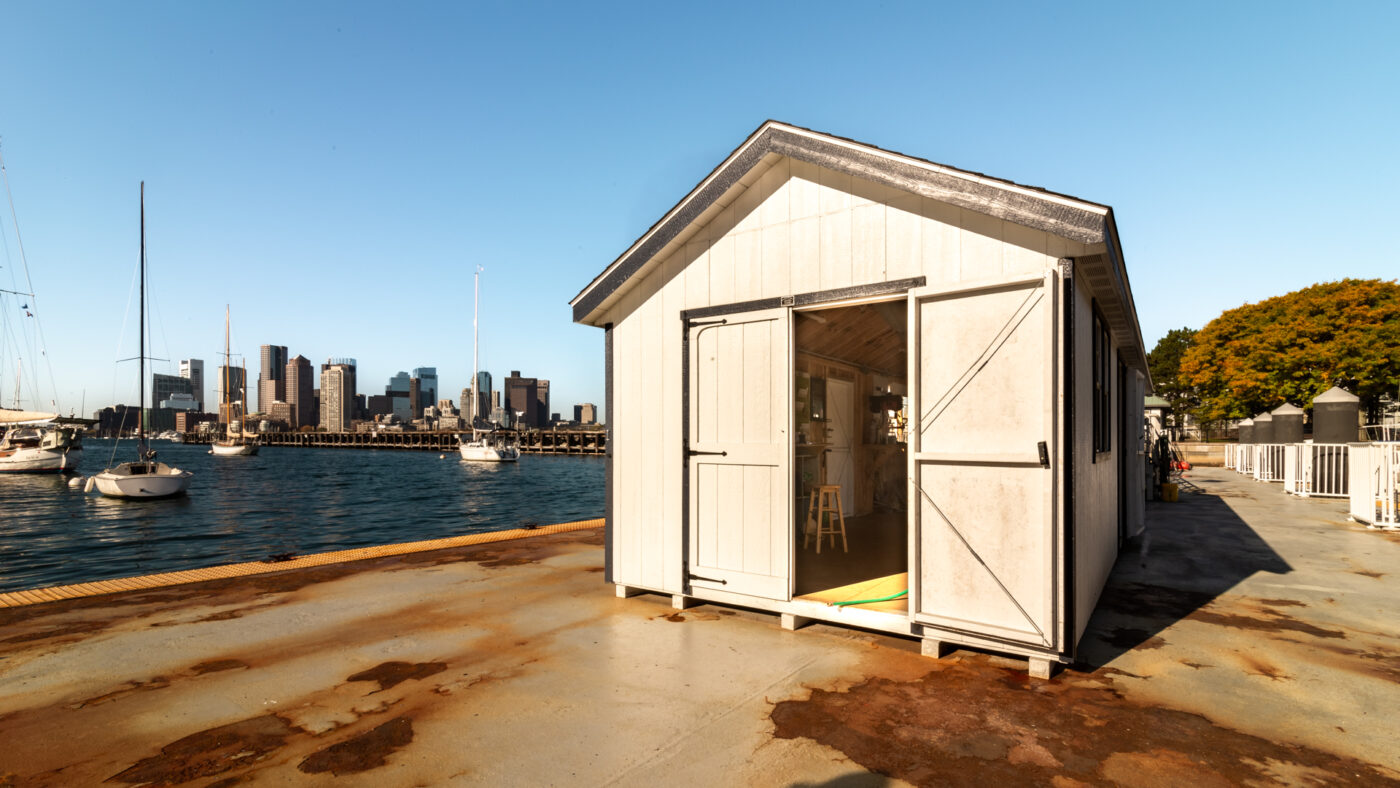
Based on an average from the cities and counties within Connecticut, a shed permit costs roughly $25 for the first $1,000 of estimated work and then $20 for every additional $1,000.
While that is a rough average, let’s drill into the specifics of Torrington, CT. If you plan to craft a shed with a budget of $5,000, your shed permit will cost you $73 ($25 for the first $1,000 and $12 for each additional $1,000).
Under Connecticut law, building permits must be issued within 30 days after the initial application is received. But don’t worry! In general, most building permits are granted in about 1-3 weeks.

In most areas of Connecticut, you have six months to use a building permit. Some jurisdictions allow you to apply for extensions. However, there are some exceptions. Consider New Canaan, CT: within this region, building permits are valid as long as construction is in progress.
Yes. However, keep in mind that as a homeowner, you should specify whether you are doing the work yourself, or if you’ve hired a contractor. Furthermore, if your contractor claims to have pulled the building permits for your shed, always verify that this is true before beginning construction. You wouldn’t want your work to be delayed or to incur any fines due to some oversight. As always, reach out to your local government.
Setbacks from property lines for a shed vary in different parts of Connecticut. For example, in Tolland, CT, a shed must be at least 25 feet away from both side property lines and 25 feet from the rear property line.
Conversely, in Orange, CT, setbacks from property lines are based on the size of your shed. For sheds smaller than 150 square feet, they must be 75 feet from the street and 10 feet away from all property lines. But if your shed is greater than 150 square feet, it must be set 60 feet from the street and 25 feet from property lines.
As always, check with your local government to ensure that you place your shed within the legal boundaries.
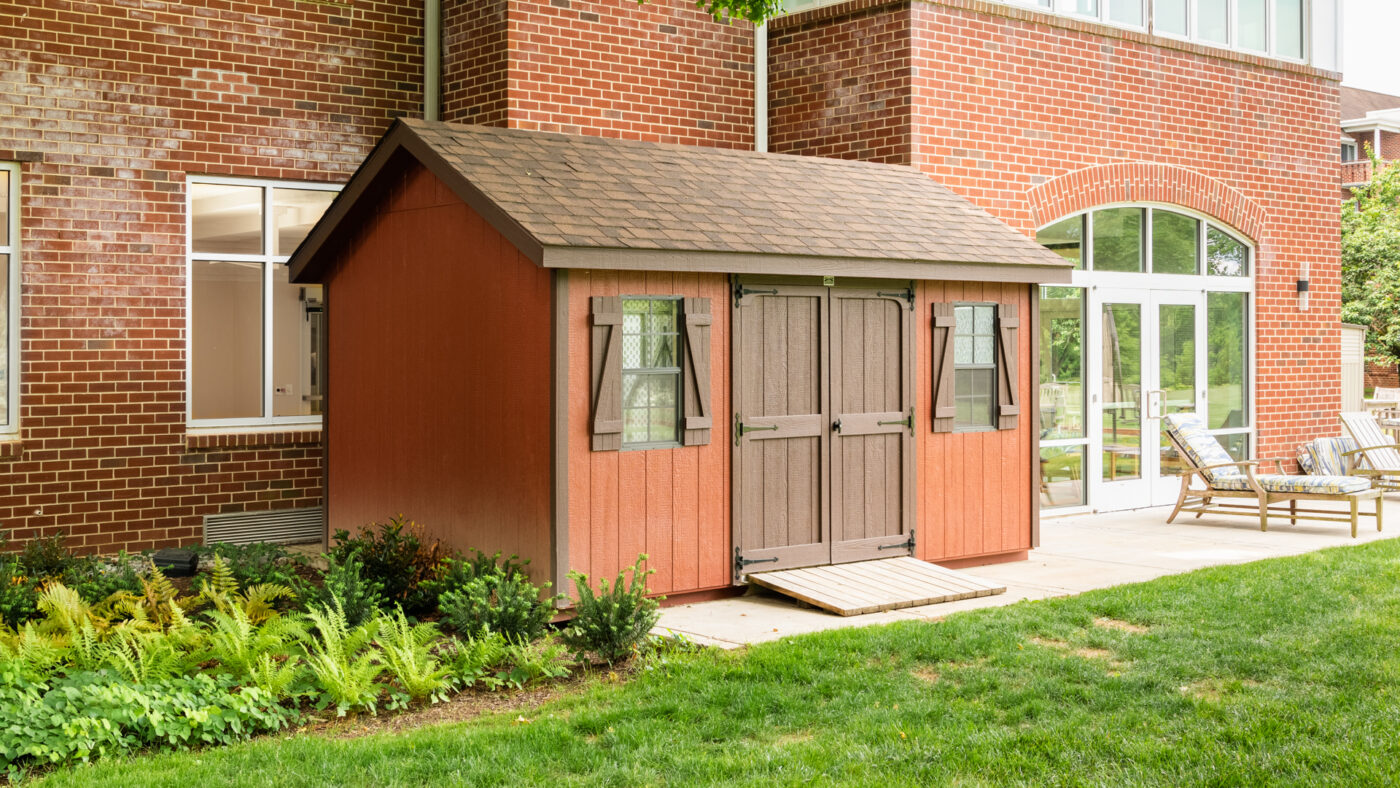
Yes. In many jurisdictions with Connecticut, you can pull an online permit. For instance, both the Town of Tolland and West Hartford give the option for online applications. Keep in mind that some areas within Connecticut do not allow or provide online permits.
Ah, yes, the list of required documents. While this list will vary due to the jurisdiction in which you live, we’ve outlined some general guidelines.
*This list is not exhaustive.
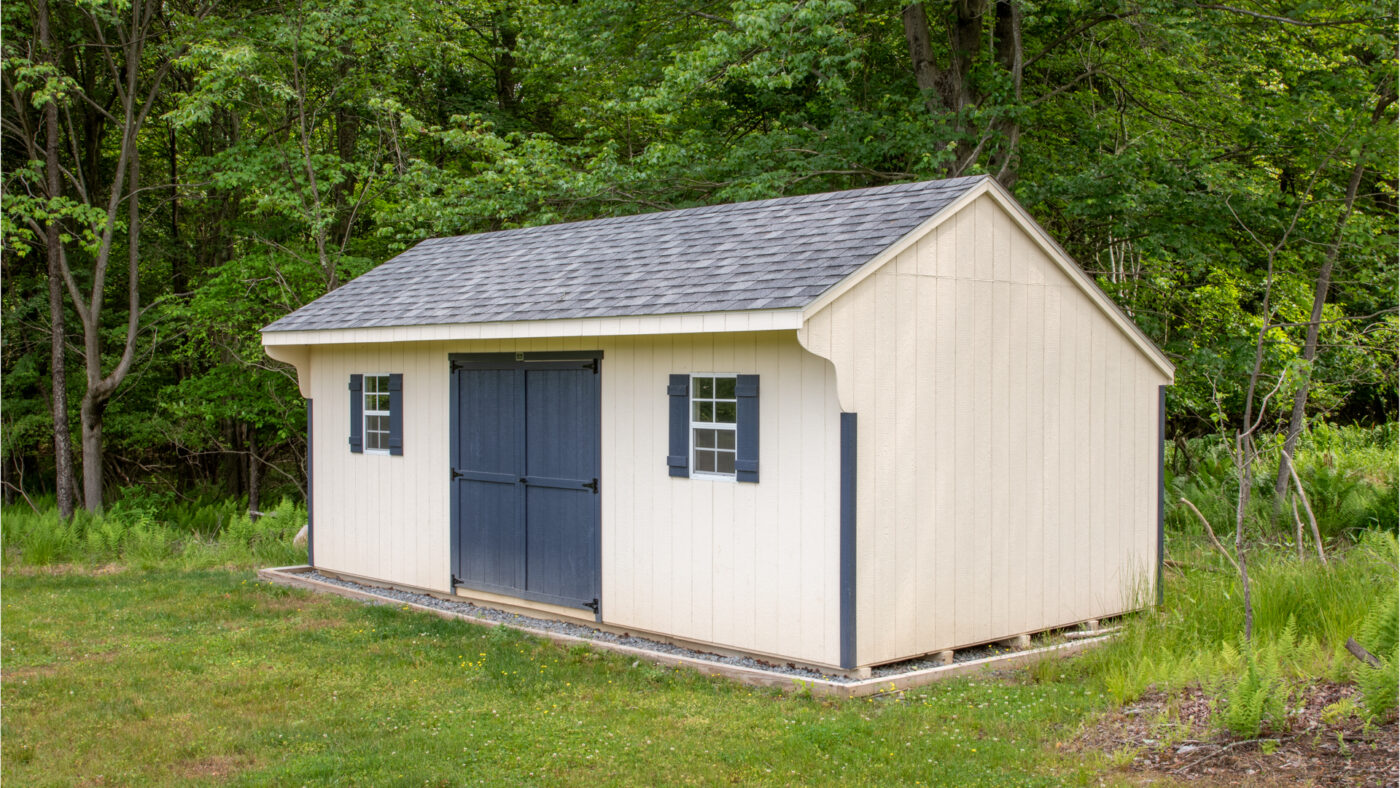
When you submit a zoning permit, you will need to have the following items:
*This is not a comprehensive list.
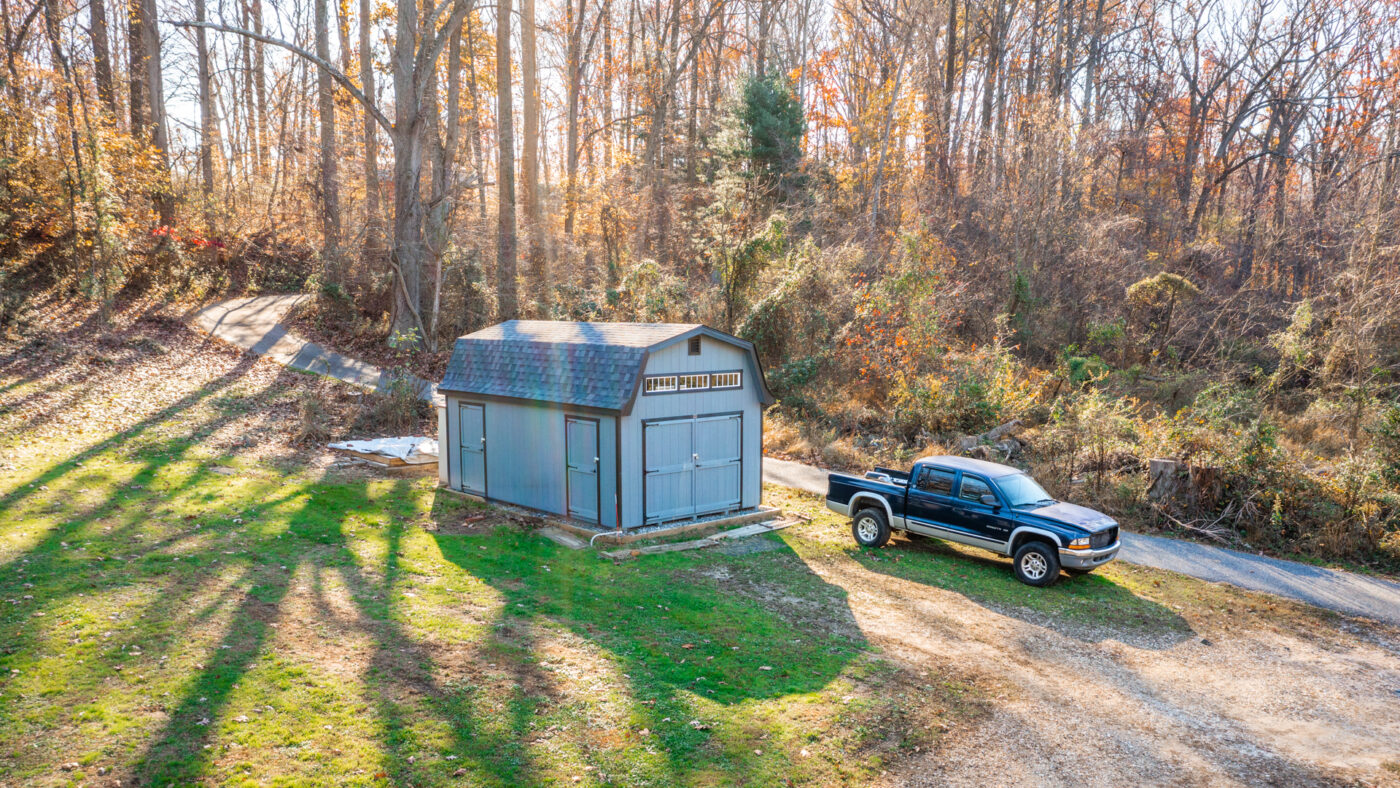
Learn more about the permitting requirements for different counties with the following table of links to local government websites.
Looking for specific answers about shed permits in your city? We’ve outlined a table of cities in Connecticut with a population greater than 15,000 people. Visit your local government’s website to understand more information concerning building permits for your shed.
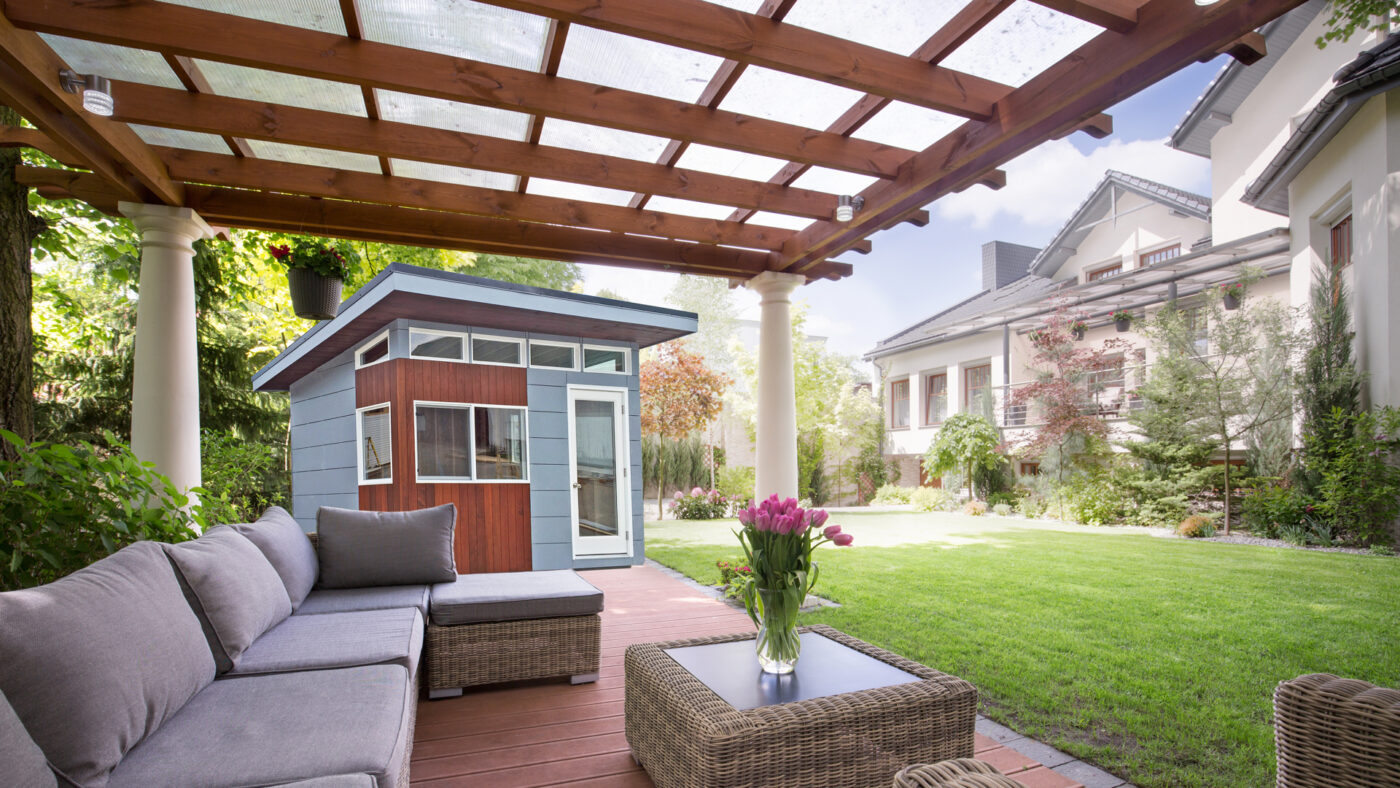
Here are a few projects that do not require a building permit in CT:
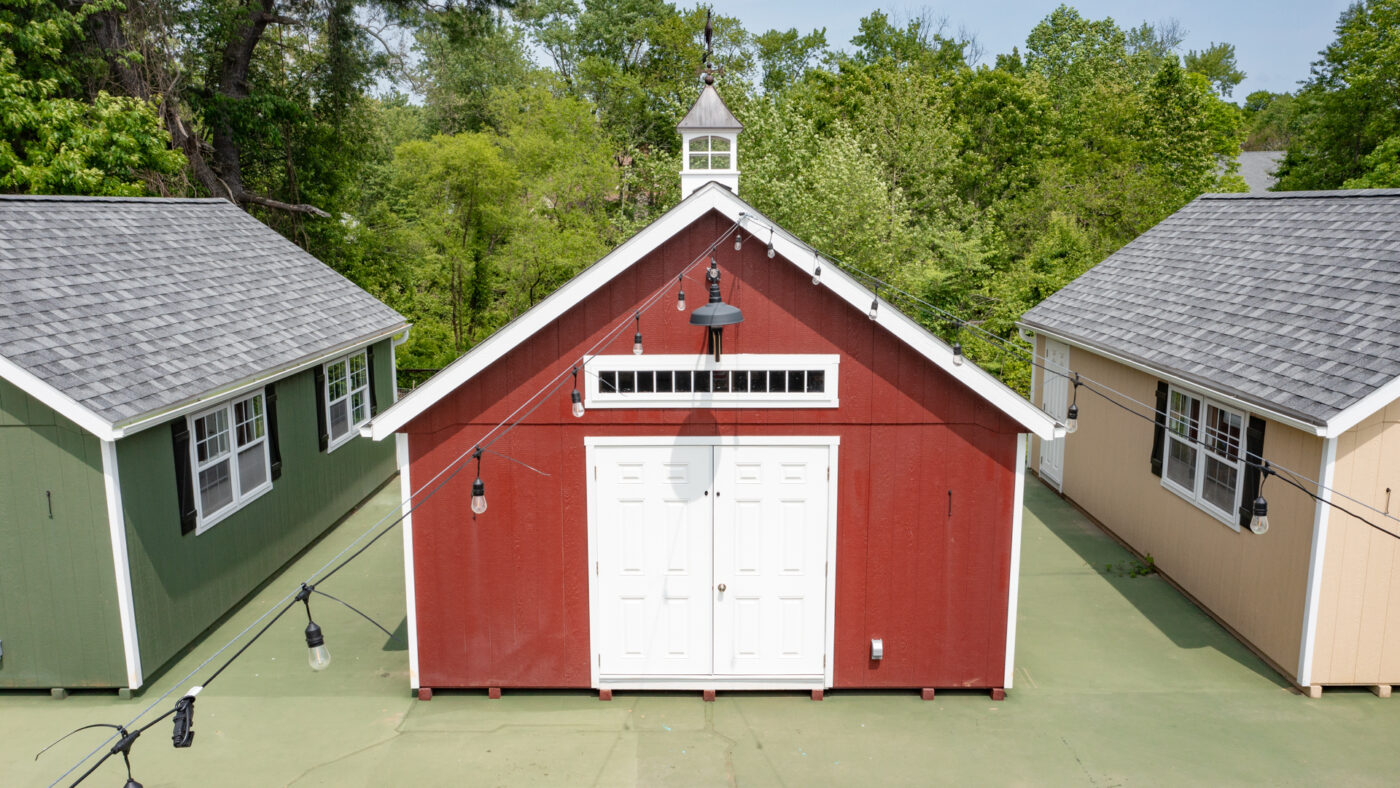
The permitting process isn’t nearly as daunting as you originally feared. To recap, remember the following:
At Shed’s Unlimited, we love providing authoritative information through our blogs to help your shed dreams come true! If you’re interested in gaining a further education in shed flooring, electricity for sheds, or shed permits in NY, check out our articles on these topics.
Check back soon for more informational articles. Bye for now! Three cheers to your future shed!
Create the building of your dreams by customizing a design in 3D. You can also call us at 717-442-3281. We're here to assist you!